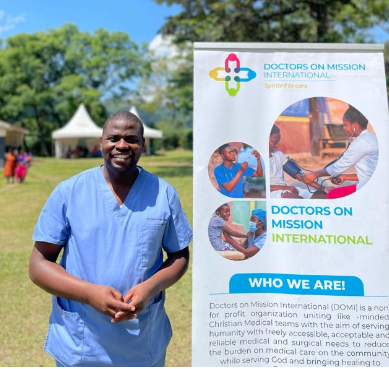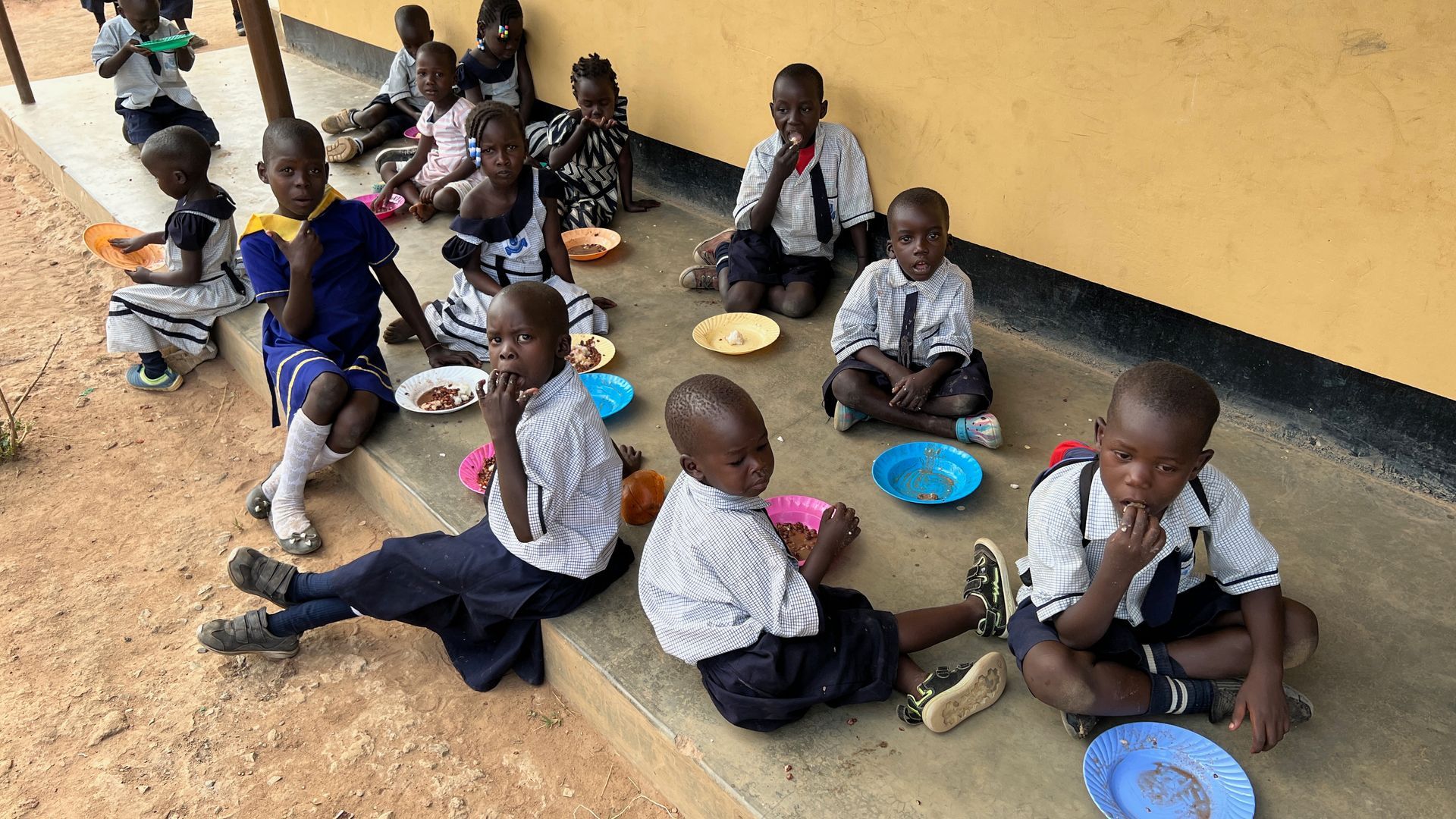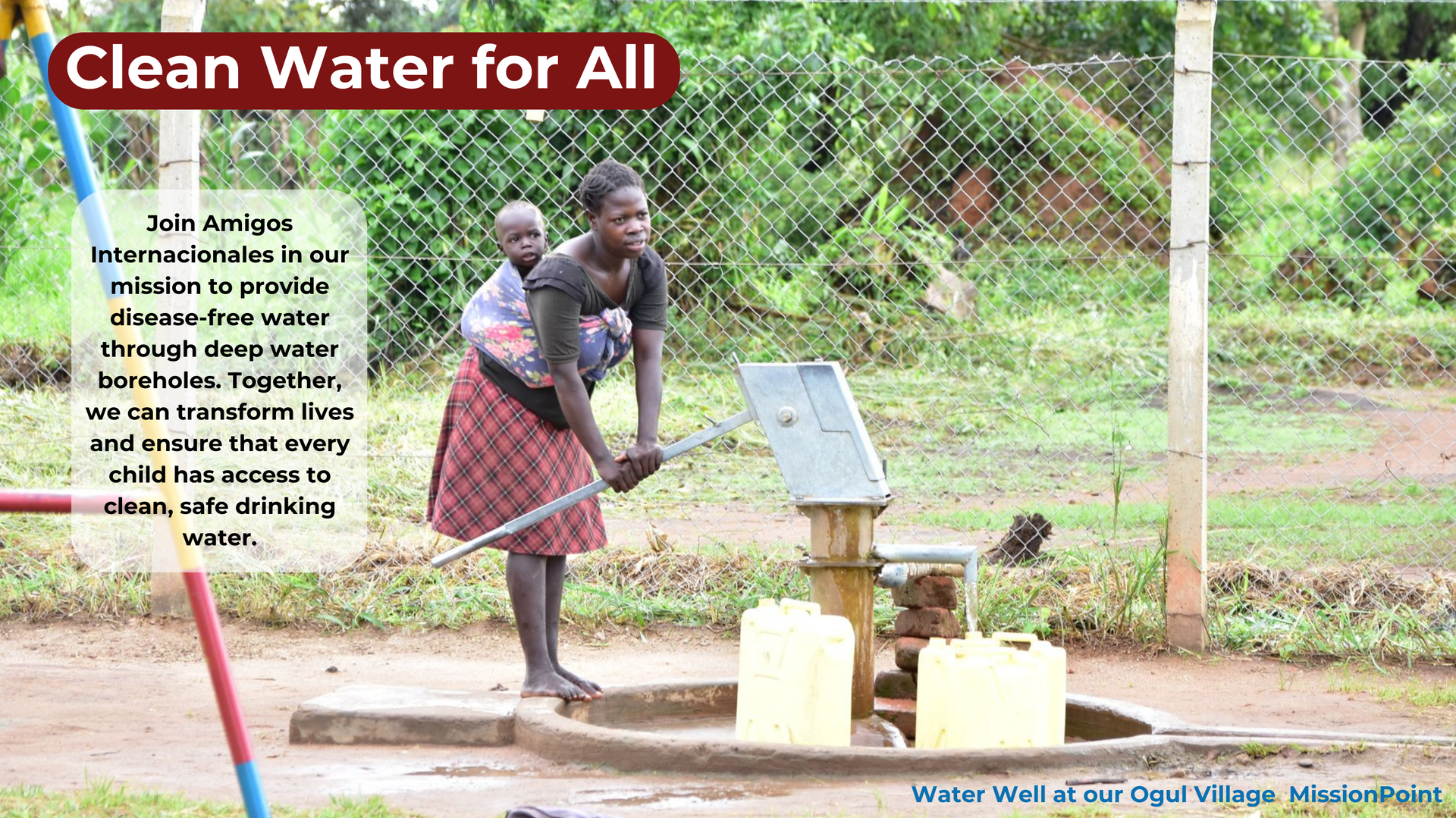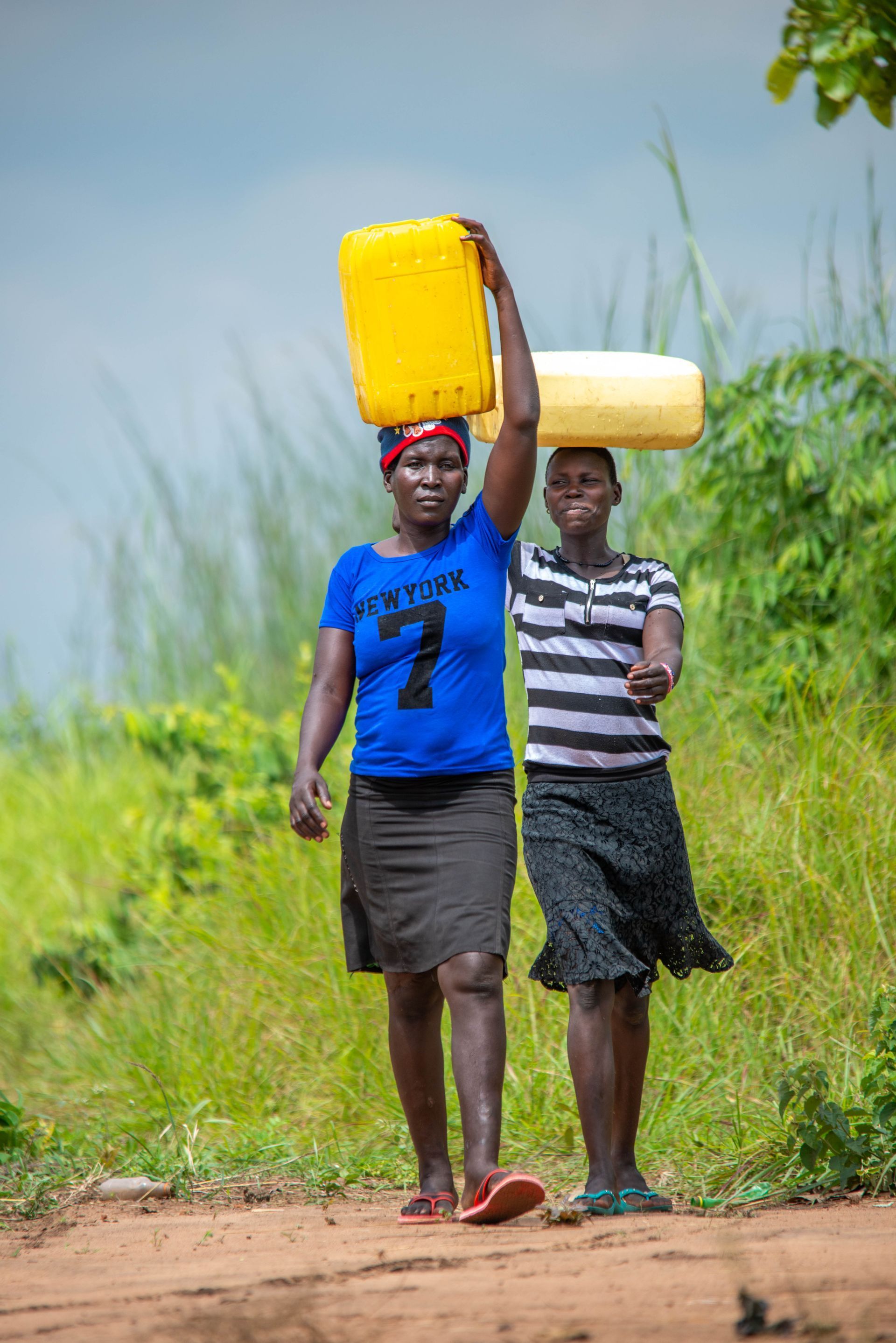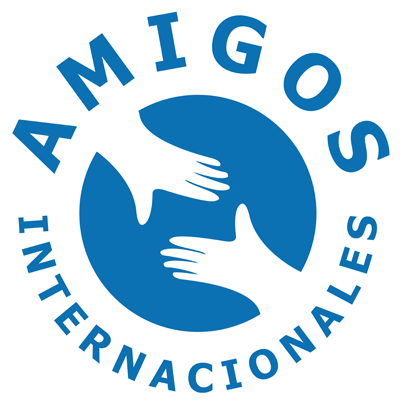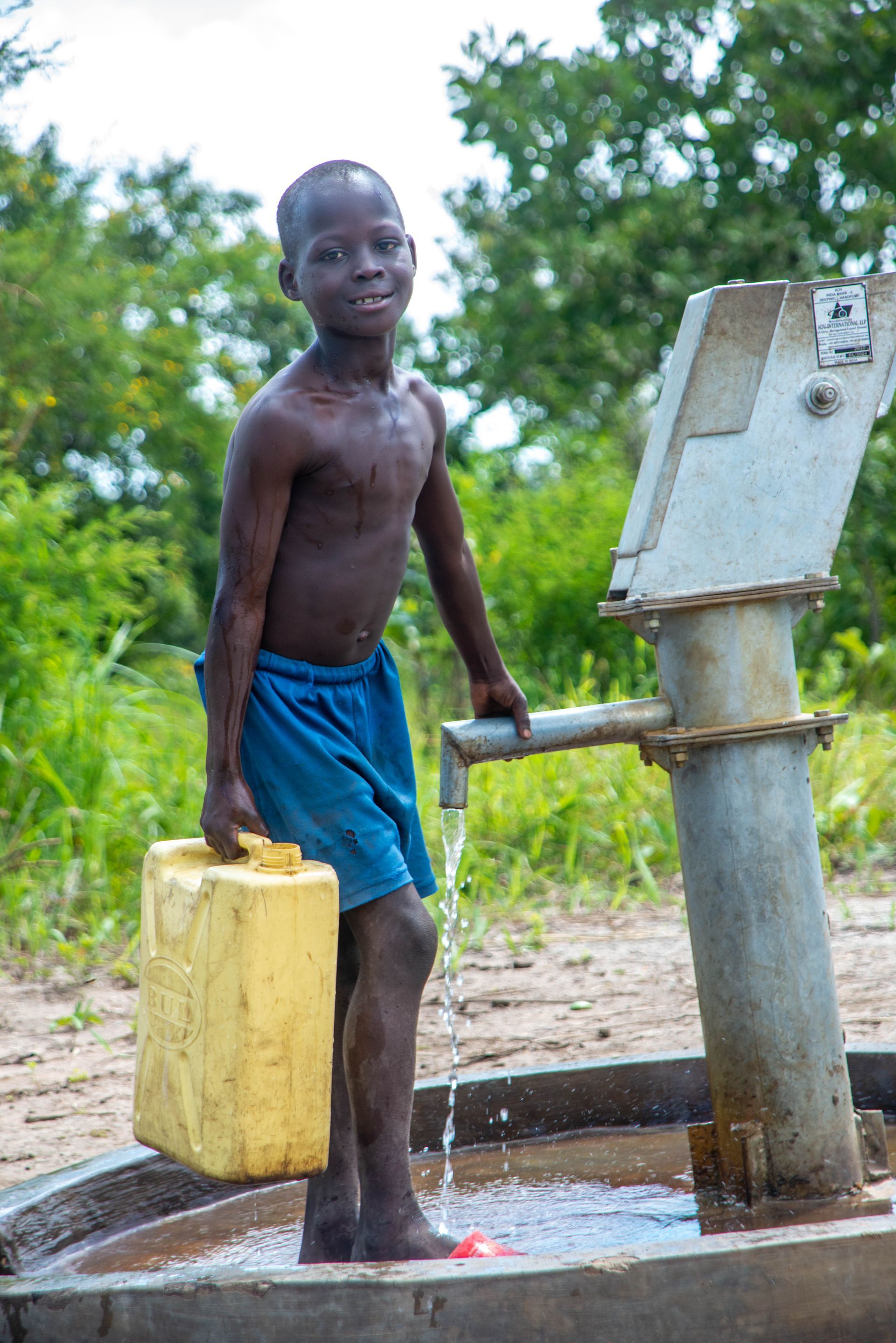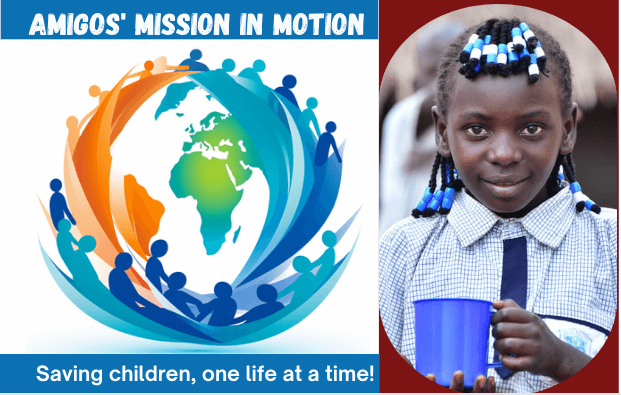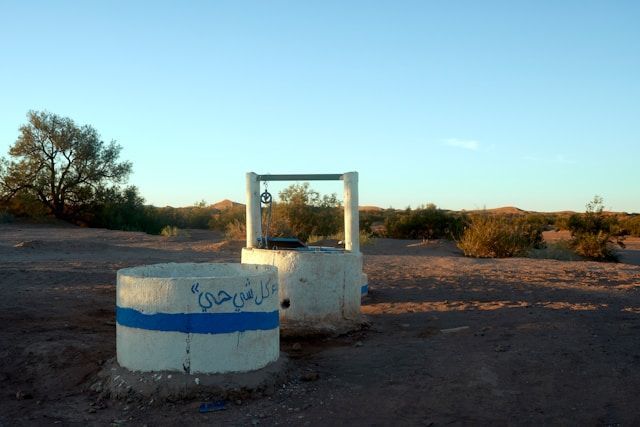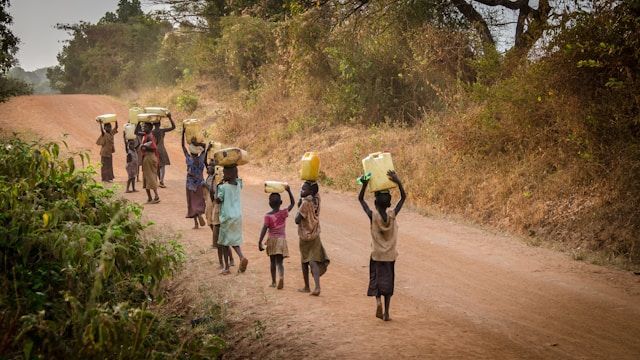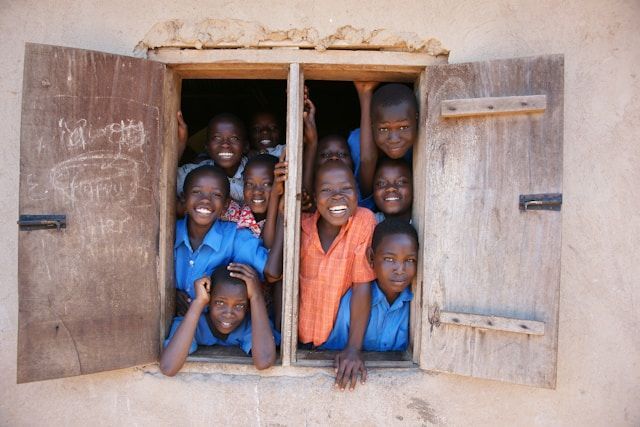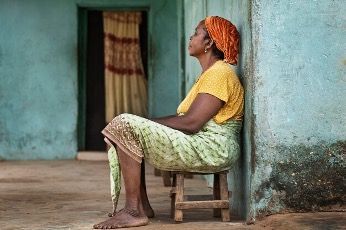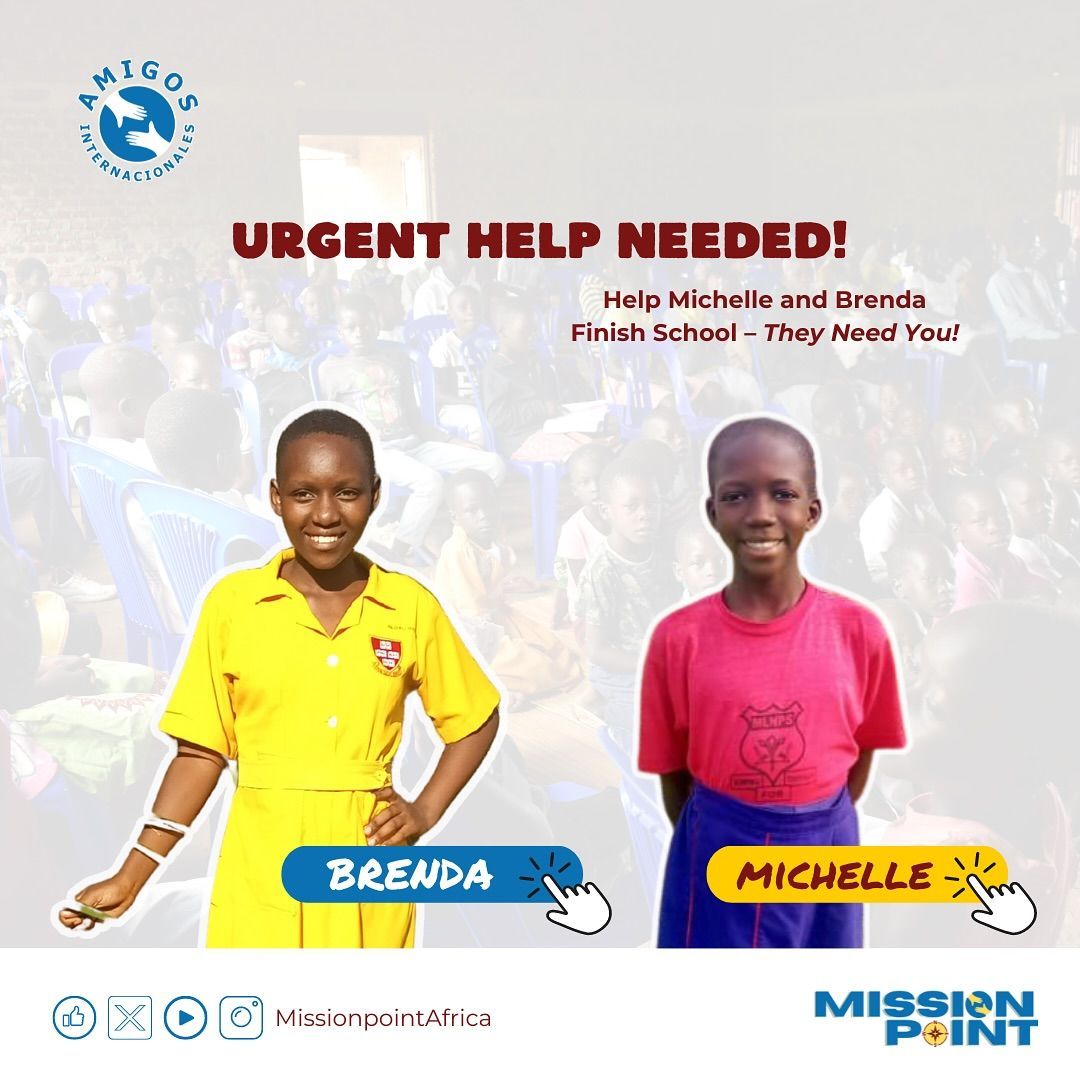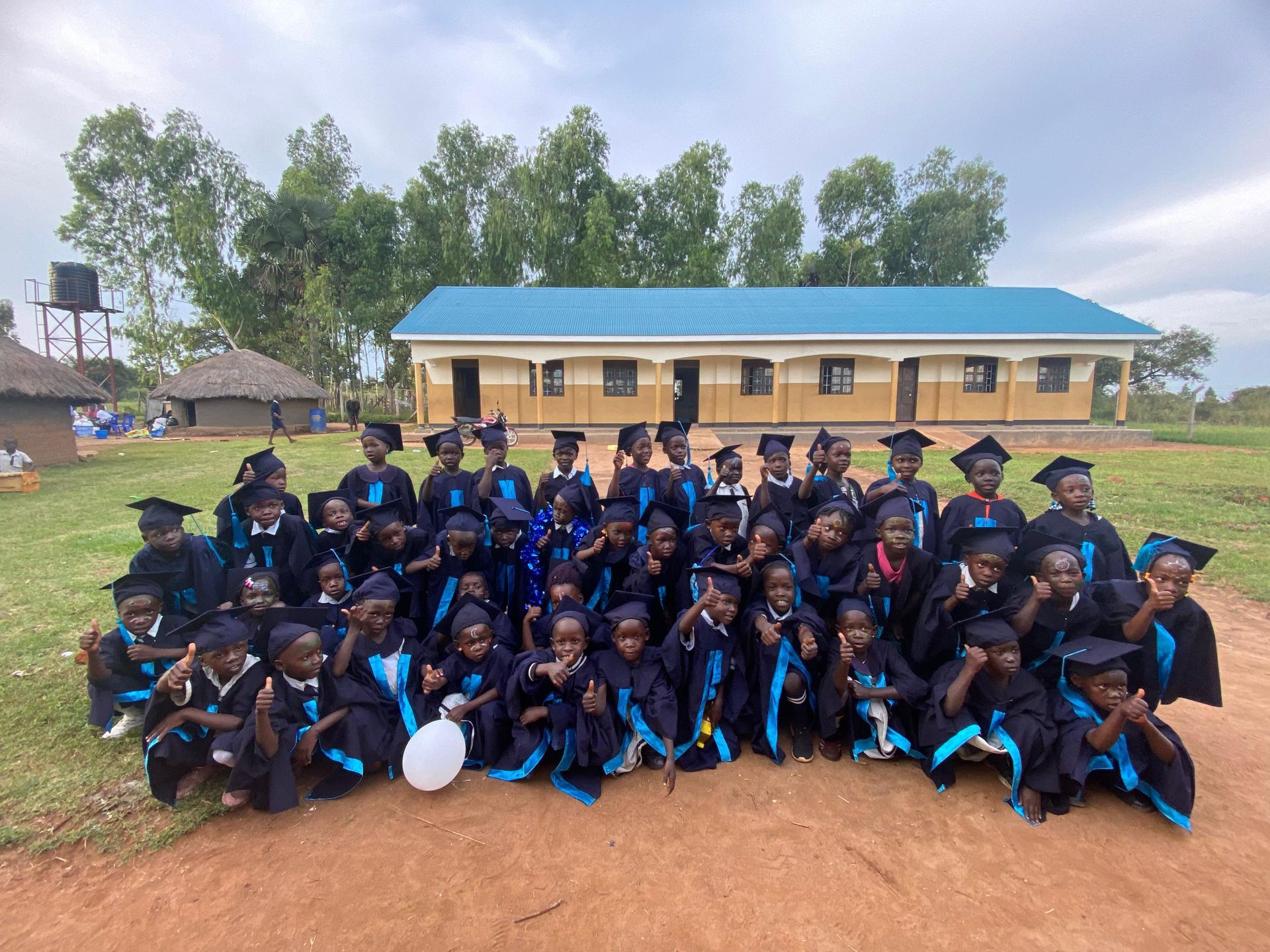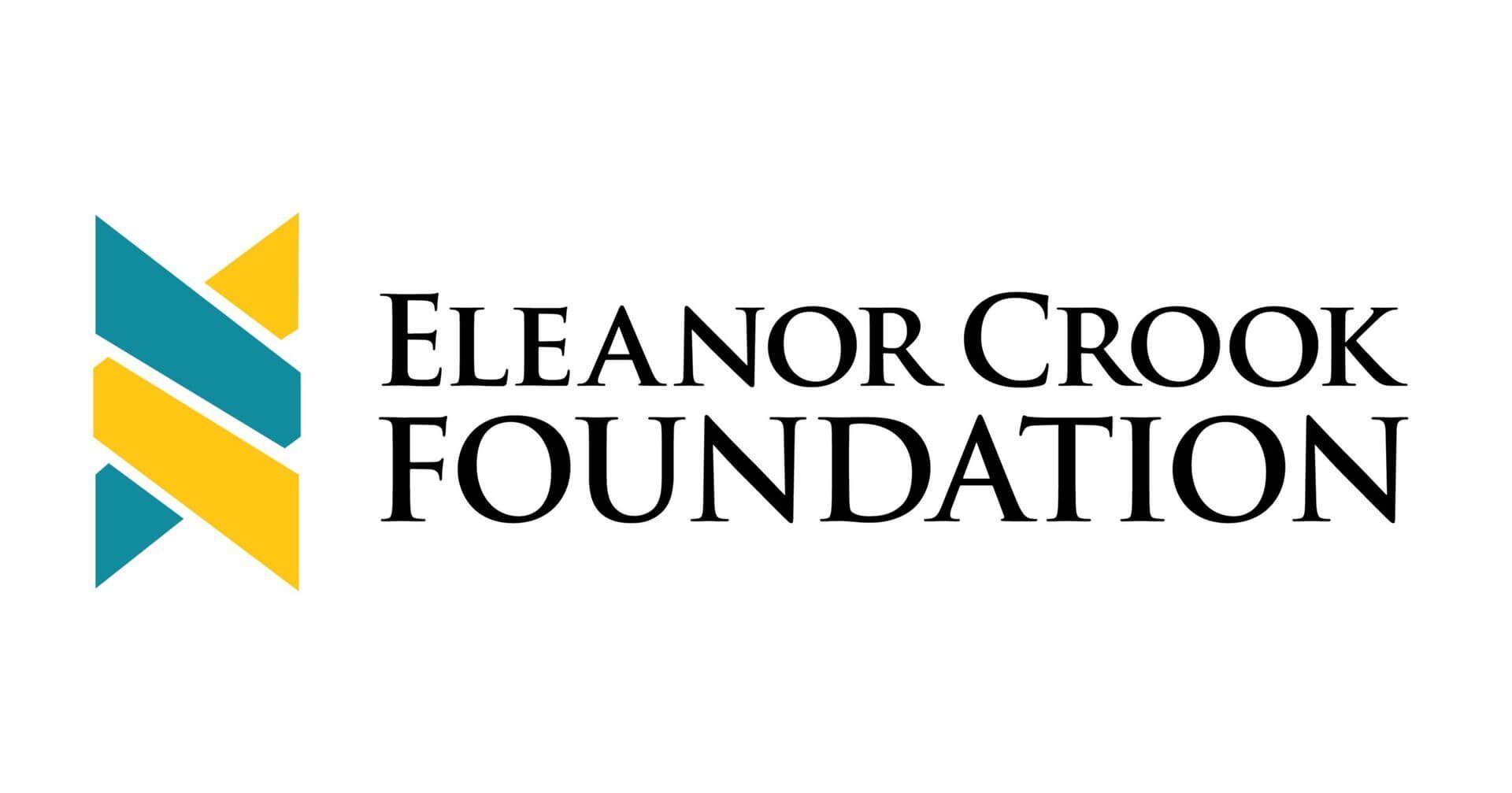Introduction to water wells in Northern Uganda Refugee Settlements
Water wells in Northern Uganda Refugee Settlements play a crucial role in providing clean drinking water to the residents. Lack of access to safe water sources is a significant challenge faced by many refugees in these settlements. Water wells, dug deep into the ground, serve as dependable sources of clean water for daily use. The presence of functional water wells is essential for ensuring the well-being and health of the refugee population in the region.
Importance of water wells in refugee communities
Water wells are crucial in refugee communities as they provide a reliable source of clean water. In refugee settlements in Northern Uganda, access to clean water is a challenge, and wells play a vital role in ensuring sustainable access to this essential resource. By having functioning water wells, refugees can access clean water for drinking, cooking, hygiene, and sanitation needs. This helps in preventing waterborne diseases and improves the overall health and well-being of the community.
Challenges faced in maintaining water wells
Maintaining water wells in refugee settlements can be challenging due to limited resources and harsh environmental conditions. Some of the main challenges faced include:
- Limited funding: Securing adequate funds for repairs and maintenance can be difficult, leading to delays in addressing issues with the water wells.
- High demand: With a large population reliant on these water sources, the wells can experience heavy usage, causing wear and tear that requires frequent upkeep.
- Environmental factors: Factors such as droughts, flooding, and soil erosion can impact the functionality of the wells, requiring constant monitoring and maintenance.
- Technical expertise: Finding skilled personnel to effectively repair and maintain the water wells can be a challenge in these remote areas.
- Community engagement: Ensuring that the local community is involved in the upkeep of the wells and understands the importance of maintenance can also be a hurdle in sustaining the water supply.
Factors impacting water well sustainability
Some factors can influence the sustainability of water wells in refugee settlements in Northern Uganda. Here are the key considerations:
- Water Quality: Ensuring that the water from the wells is safe for drinking is crucial for long-term sustainability.
- Maintenance: Regular upkeep and repairs are essential to keep the wells functioning effectively.
- Community Involvement: Engaging the local community in the management and maintenance of the wells can contribute to their longevity.
- Environmental Conditions: Factors like climate change and groundwater levels can affect the reliability of the wells.
- Infrastructure: The quality of the construction and materials used in building the wells can impact their durability.
By addressing these factors, stakeholders can work towards ensuring the sustainability of water wells in the refugee settlements of Northern Uganda.
Efforts to address water well challenges
Efforts to address water well challenges involve collaborating with NGOs and government agencies to repair and maintain existing wells. Providing training to local communities on well maintenance is crucial for sustainability. Implementing regular inspection schedules and quick response mechanisms for repairs help in ensuring uninterrupted access to clean water. Additionally, drilling new wells in strategic locations based on population needs helps in improving water accessibility for all residents.
Role of organizations in supporting water well projects
Organizations play a crucial role in supporting water well projects in Northern Uganda's Refugee Settlements. Their involvement includes funding, planning, and implementing initiatives to provide clean and accessible water to the community. These organizations collaborate with local authorities to ensure sustainable management and maintenance of the water wells. Through their efforts, they help improve the living conditions and health outcomes of the residents in the settlements.
Innovations in water well technology for refugee settlements
Innovations in water well technology are crucial for improving access to clean and safe water in refugee settlements. New technologies such as solar-powered water pumps and mobile water treatment units have shown great promise in addressing the challenges of water scarcity in these areas. These innovations not only provide sustainable solutions but also empower communities to manage and maintain their water sources effectively. Implementing these technologies can significantly impact the health and well-being of refugees by ensuring they have reliable access to clean water for their daily needs.
Community involvement in water well management
Communities in Northern Uganda play a crucial role in managing water wells within the refugee settlements. Residents are actively involved in maintaining and overseeing the wells, ensuring their proper functioning. This community engagement helps in sustaining the water supply, addressing any issues promptly, and promoting a sense of ownership and responsibility among the residents.
Success stories of improved water access through wells
In the refugee settlements of Northern Uganda, wells have been making a significant impact by providing clean water to communities. Success stories reveal how wells have improved water access, leading to better health and hygiene practices among residents. Well projects have been successful in increasing water availability, reducing the distance people have to travel to fetch water, and lowering the burden on women and children who typically carry out this task. The community's resilience and collaboration have been key factors in the successful implementation and maintenance of these wells.
Future prospects for sustainable water solutions in refugee settlements
The future of water solutions in refugee settlements looks promising as organizations are working on sustainable projects. These projects aim to provide long-term access to clean water by implementing technologies like solar-powered water systems and rainwater harvesting. These solutions not only address the current challenges but also contribute to the overall well-being of the communities by promoting self-sufficiency and reducing dependency on external aid.
Categories
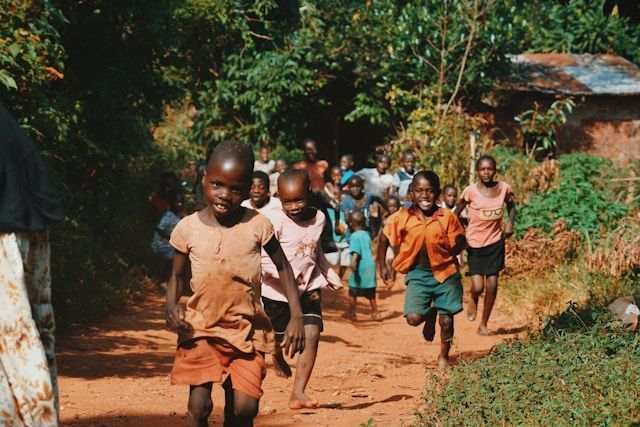
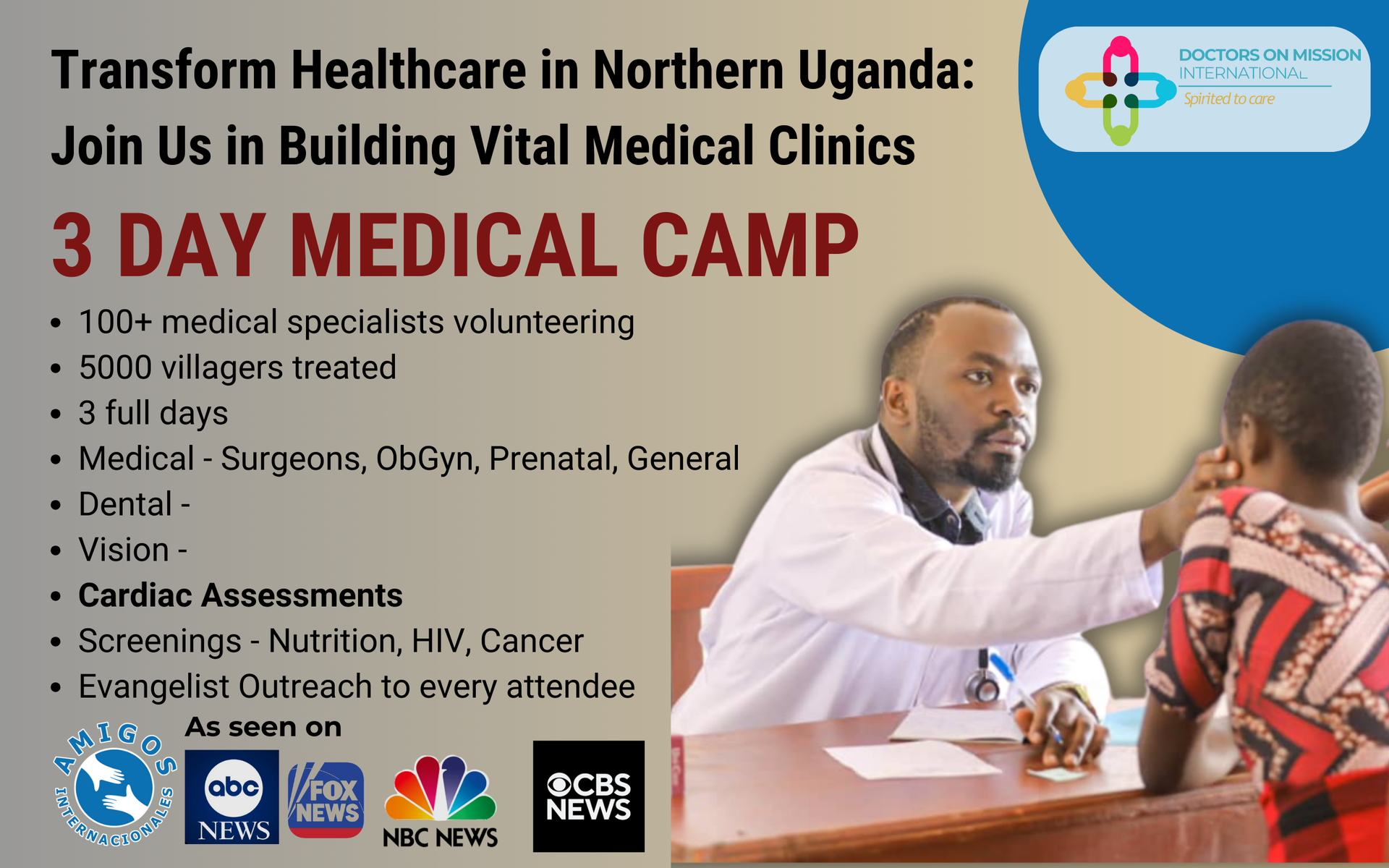
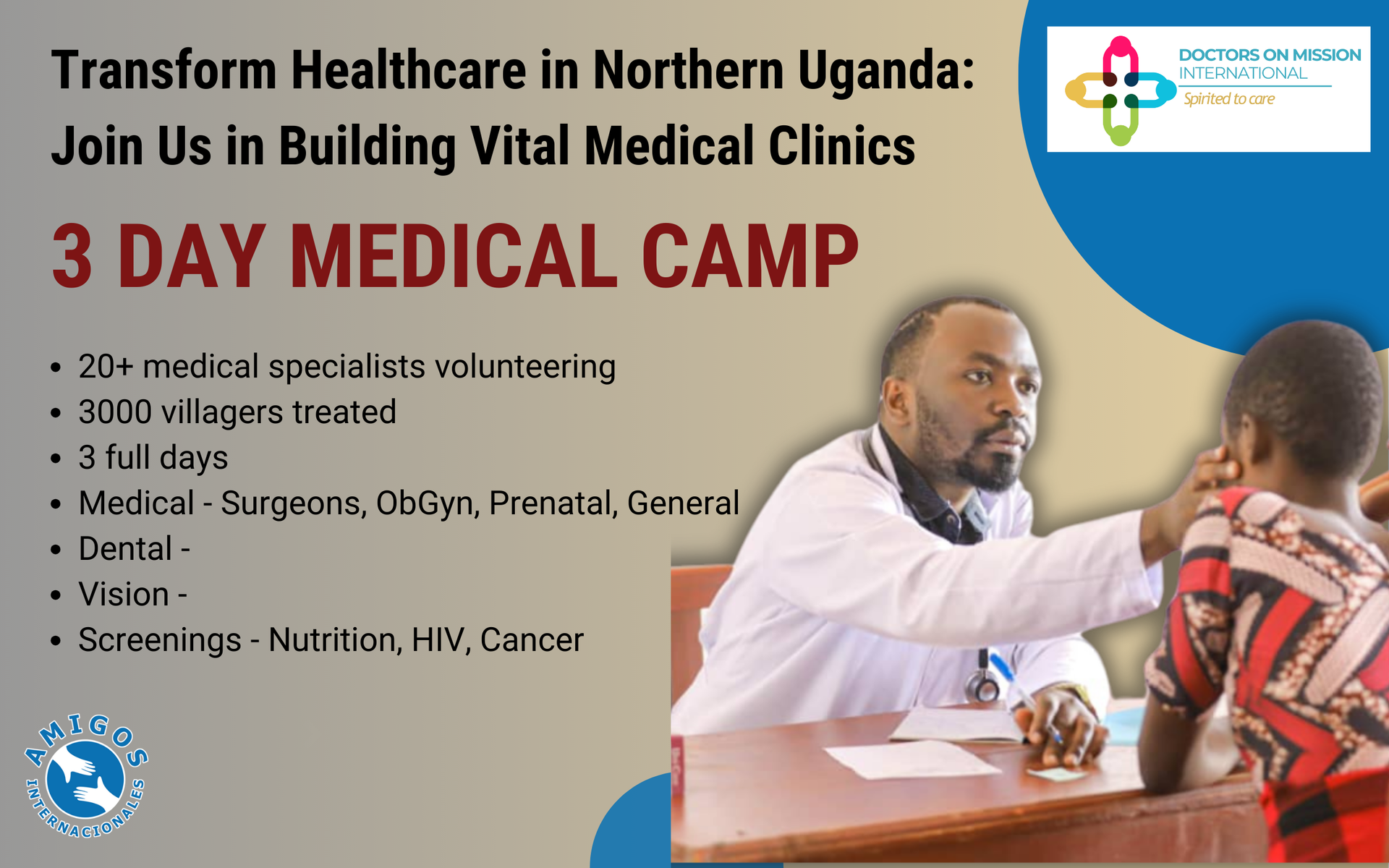
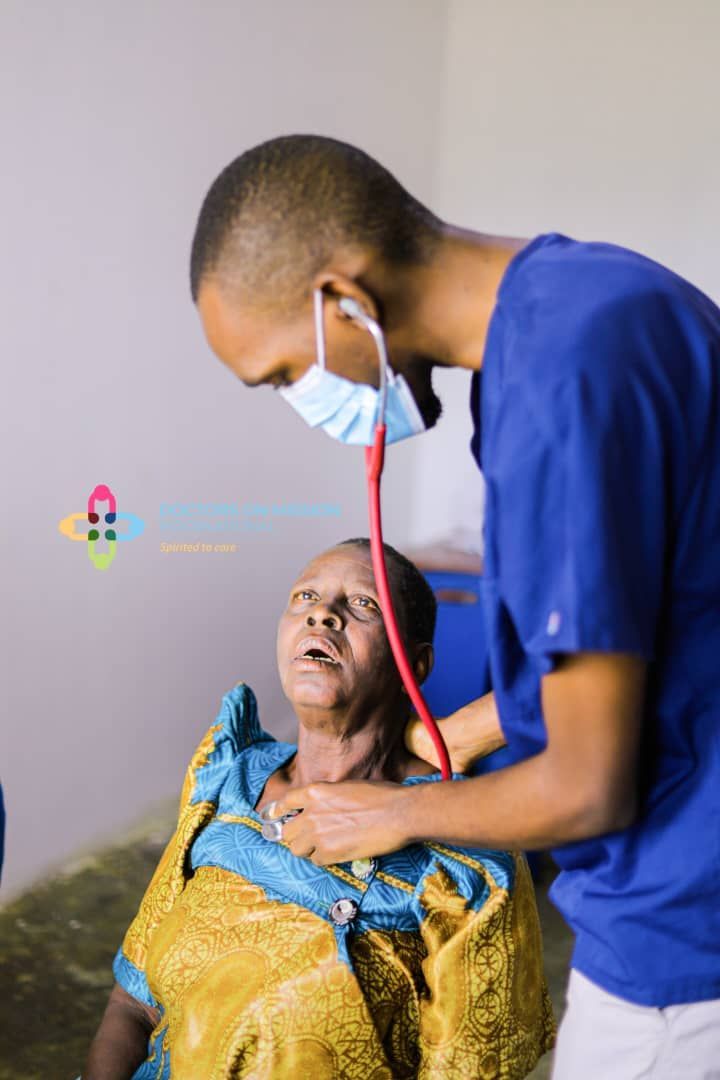
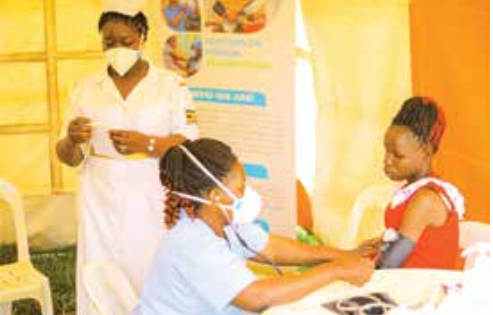
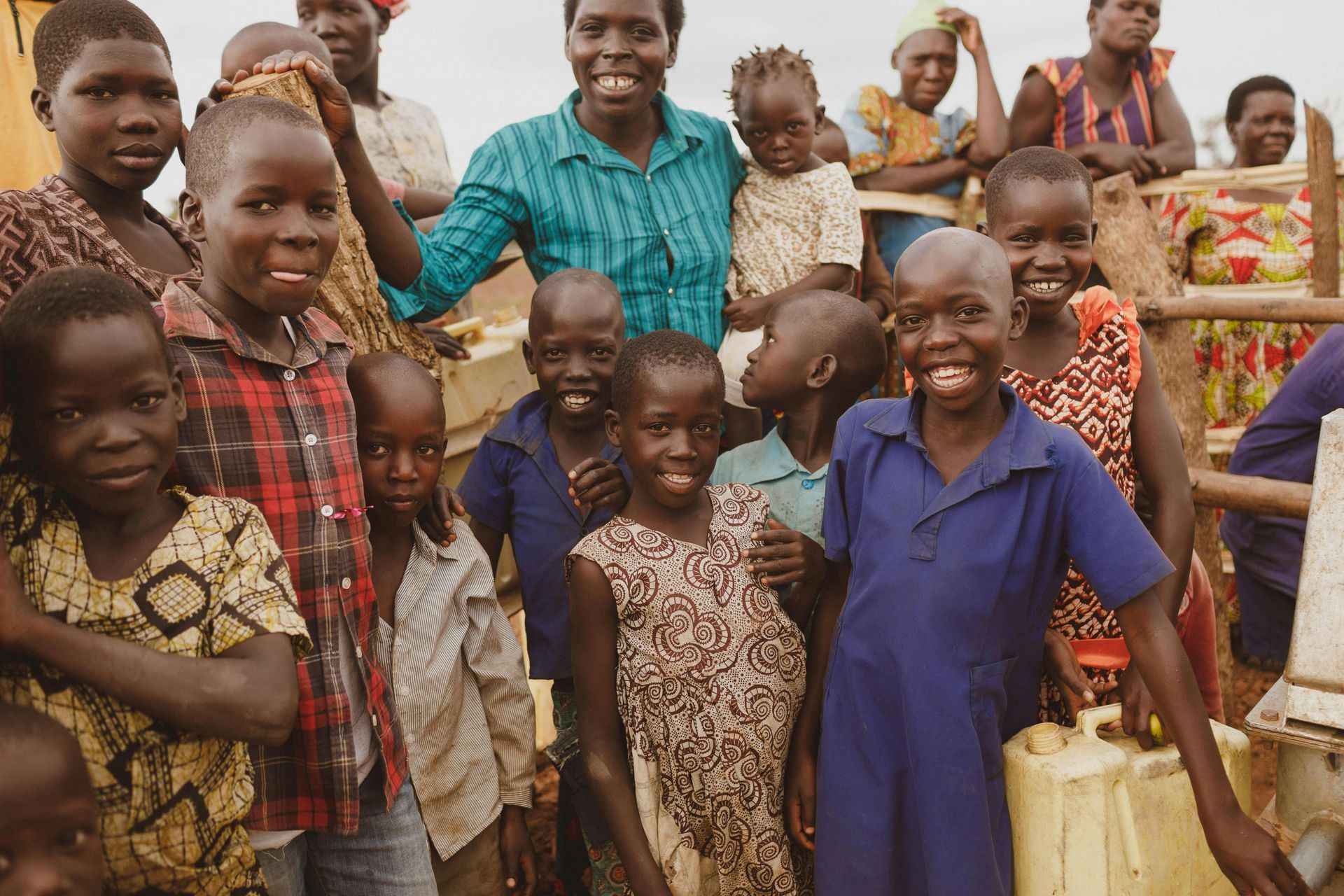

Social Media







